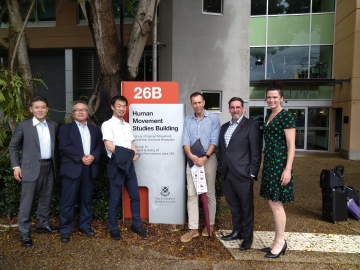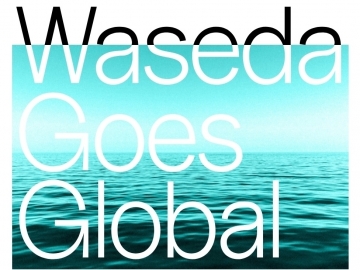■Date & Time
Monday, 5 February 2018, 16:00-17:30
■Venue
Room 315, Bldg.19, Waseda Campus
■Title
“Anthropology in International Relations: How we talk of world affairs and poverty”
■Lecturer
Dr. Ralph Pettman (Hitotsubashi University)
Dr. Ralph Pettman currently lectures at Hitotsubashi University. Previously he was a special visiting professor at Gakushuin University and professor of international relations at the University of Melbourne. He has a first class honors degree from the University of Adelaide in politics and history and a PhD in international relations from the London School of Economics and Political Science. He has held a number of administrative positions, most notably with the Australian Human Rights Commission, the Australian International Development Assistance Bureau, and the Australian Broadcasting Commission.
His most recent publications include: Here Comes Everyone: anthropology and world affairs (World Scientific Publishing Company, 2017); Psychopathology and World Politics (World Scientific Publishing Company, 2012); World Politics: an analytical overview (World Scientific Publishing Company, 2010); Intending the World: a phenomenology of international affairs (Melbourne University Press, 2008).
■Commentator
Prof. Yasushi Katsuma (Graduate School of Asia-Pacific Studies, Waseda University)
■Abstract
International relations (IR) specialists are detached. They analyse the world objectively. They look top-down. This allows them to describe and explain how global politics work. It also allows them to prescribe policy initiatives like the Millennium Development Goals (MDGs) and the Sustainable Development Goals (SDGs). Detachment limits and distorts, however. It hides alternative perspectives, the research findings these make possible, and other ways to proceed.
Enter cultural anthropologists, whose preference for bottom-up, participant understanding lets them learn about MDGs and SDGs by getting close to listen and taking part. This has a direct affect on their substantive concerns. It highlights orality, for example, demography, catastrophy, and spirituality.
A case-study about poverty shows what this might mean. Though the detachment of IR specialists results in a range of analyses, both MDGs and SDGs articulate a particular IR doctrine, namely, rationalistic liberalism. By contrast cultural anthropologists talk to the people concerned. They learn first-hand the extent to which such a doctrine succeeds – in places like Bangladesh, Bhutan, Kerala, and Aboriginal Australia. Their research also foregrounds other doctrines – ones often well outside IR’s more orthodox concerns.
■Language
English
■Audience
Students, faculty members and general public
■Admission
Free
■Organizer/ Contact
TGU Global Asia Research Center, Waseda University
Email: [email protected]
Website: https://www.waseda.jp/inst/sgu/en/unit/global-asia-studies/








